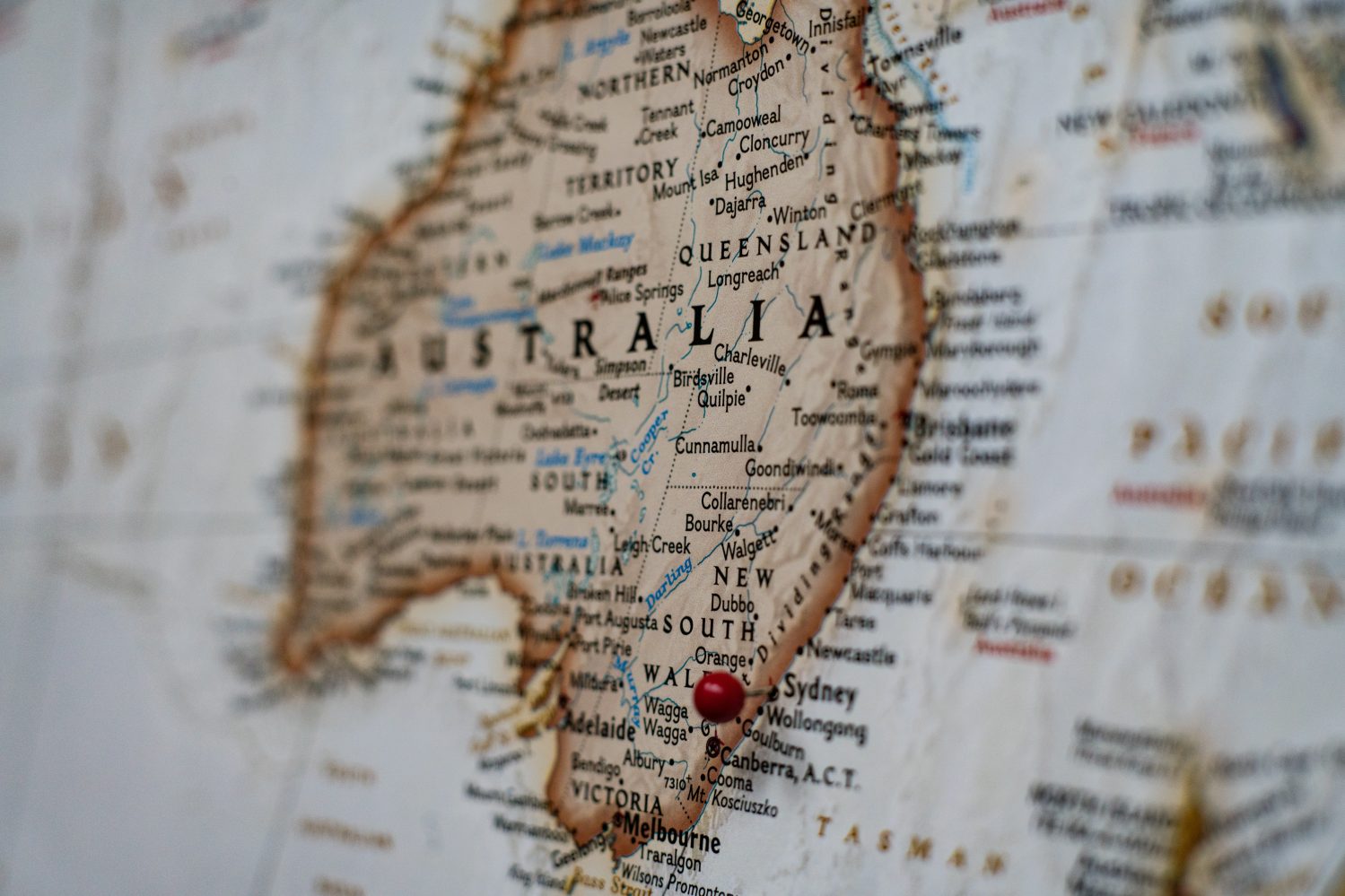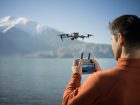
Pressure is beginning to build on government agencies and state-linked organizations in Australia to halt using DJI drones, with proponents of grounding craft produced by the China-based global leader pointing to blacklisting in the US in making their demands.
At least two major Australian security organizations have decided to either phase DJI drones out their work or suspend use of the UAVs pending reviews of the vehicles and related products. Officials at the Australian Federal Police force have said they’ll transition the company’s aerial tech out of their fleets, with the Australian Defense Force similarly indicating it will move away from the craft.
Reports conflict about whether the Australian Border Force has already agreed to stop using the 41 DJI drones it has been operating, or is currently considering doing so amid rising calls for all national agencies to ground the UAVs.
Read: Report reveals vast impact if US blacklisting of DJI drones spreads
Given its relative proximity to China and clashing national interests as Beijing extends its influence in the region and world, Australia has long been particularly wary of threats emanating from the communist powerhouse. Those increasing concerns have dovetailed with spiking alarm – and anti-China measures – in allies in Washington amid worsening of US-Sino relations.
The resulting campaign in Australia against Chinese-owned tech companies considered security threats have landed DJI in crosshairs similar to those it faces in US.
Read: Leaker suggests DJI Air 3 drone release slated for June or July
Heading the Australian crusade against the Shenzhen-based UAV giant is opposition legislator and shadow home affairs spokesman James Paterson, who has mounted pressure on defense and security agencies, and using spreading US blacklisting efforts as his reference for action.
“The first issue is a moral dimension – DJI has been sanctioned by the US government for its involvement in the mass surveillance and suppression of Uyghurs in Xinjiang that has been described by the United Nations as a possible crime against humanity and described by human rights groups as a possible genocide,” Paterson said. “Taxpayers’ money should not be going to a company which is complicit in shocking human rights abuses of ethnic and religious minorities.”
But as in the US, allegations – thus far unsupported by any evidence – of DJI drones leaking user data back to officials in China are cited as the major justification for removing the craft from operation in Australia.
DJI has repeatedly refuted those claims as false, noting it is a private company serving its customers – not government officials in Beijing. It adds that clients themselves control whether their craft are capable of transmitting information collected, or retain that for direct connection and downloading to computers once on the ground.
Those assurances have done little to blunt blacklisting efforts in the US, which have frequently resonated with protectionist overtones. Nor have they slowed Paterson’s drive Down Under.
After securing pledges from Australia’s Federal Police it will move to replace DJI drones with alternatives, Patterson used the security underpinnings of that decision to accentuate pressure on wavering agencies like the border protection forces.
“‘If it’s not safe to use in our military it should be nowhere near our highly sensitive border protection operations either,” Paterson argued. “The government should urgently investigate lower-risk alternatives to DJI for all Commonwealth departments and agencies.”
Read: After product ban, the US DoD formally blacklists drone giant DJI [Update]
Similar to widening efforts in the US to blacklist DJI drones, Paterson is extending his drive beyond Australia’s military and security agencies. This month, for example, he began upping the pressure on two public broadcasters, ABC and SBS, to also banish their DJI UAVs from their mix of reporting assets.
Photo: Joey Csunyo/Unsplash
FTC: We use income earning auto affiliate links. More.





Comments